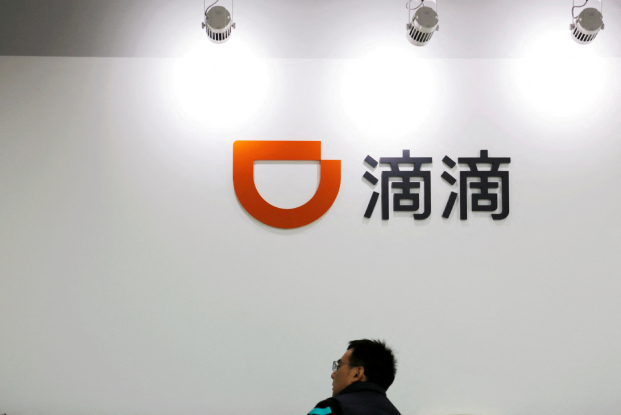Regulators signaled China’s tech crackdown may be easing as the government seeks to boost China’s economy, as it is pounded by covid lockdowns.
A statement by the powerful Politburo, after a meeting chaired by President Xi Jinping, said efforts to boost China’s economy will include the so-called “platform economy.”
Chinese tech stocks soared, bolstered also by a South China Morning Post report that China’s leadership is planning a symposium in early May with key internet companies, including Alibaba Group Holding, Tencent Holdings, food delivery giant Meituan and TikTok owner ByteDance.
The developments gave investors hope the worst may be behind China’s tech sector, which has endured an ongoing regulatory crackdown.
MARKET INSIGHTS: China Stock Market Guide: Everything You Need To Know
Tech Stocks Surge
The Hang Seng Tech index rose 10% — its best day since Vice Premier Liu He promised policy support six weeks ago and much faster than the broader stock market, with the Hang Seng climbing about 5%. Alibaba stock rose some 16%, as did JD.com stock, along with Meituan. Tencent stock rose 11%. American depository receipts representing Chinese tech stocks Alibaba, JD.com, Meituan and Tencent also rose in US markets, up 7.8%, 7.5%, 13.4% and 4.8% respectively.
“The Chinese government, much like the US and other governments, has been trying to catch up in regulating a technology sector that has grown at an incredible rate over the past decade,” said Kevin Carter, CIO of EMQQ Global. “This meeting may signal that the government feels they have caught up.”
The market’s reaction signaled a belief that Beijing, which had taken steps to reign in what it saw as excessive profits at China’s largest internet companies, was backing off on the amount of pressure it was applying, said Jason Pride, chief investment officer of private wealth at Glenmede.
Beijing had sought to rein in a range of industries as part of a push to clamp down on violations of anti-monopoly regulations and data privacy rules, among others, as well as bridge a widening wealth gap that threatened the legitimacy of Communist Party rule under a “common prosperity” drive.
Also on AF: China’s Politburo Vows to Support Economy, Defeat Covid-19
Economic Toll
But the crackdowns on e-commerce, private education and the property sector have exacted an economic toll and, since the beginning of the year, China has loosened some of the measures to help an economy wrestling with strict covid lockdowns.
The Politburo, a top decision-making body of China’s ruling Communist Party, vowed to “complete the special rectification of the platform economy,” and to roll out measures to support its development.
China lifted a nine-month freeze on gaming licenses earlier this month partly to alleviate the economic fallout from the ban.
Gary Ng, senior economist at Natixis in Hong Kong, said the Politburo meeting “is a positive sign that the government seeks to prioritize growth versus a lot of other goals such as deleveraging or other regulatory change in the short term.”
Ng said that anti-trust measures that have squeezed the platform economy as well as a clampdown on the property sector could ultimately return.
“But in the short run because of the pressure on growth and the zero covid policy, there will need to be a tradeoff between deleveraging and crackdowns versus growth, and that’s why the market is a bit more optimistic in the short term,” he said.
- Reuters, with editing by Neal McGrath
























